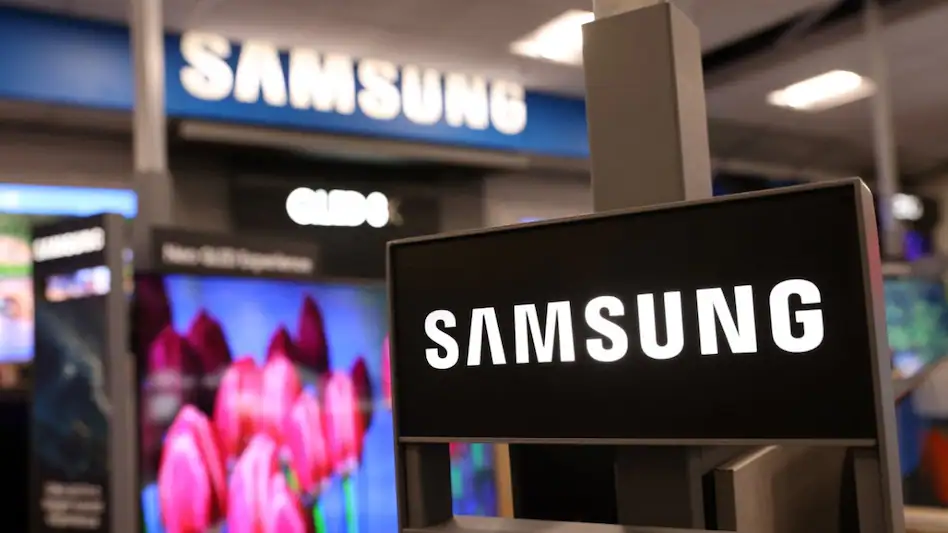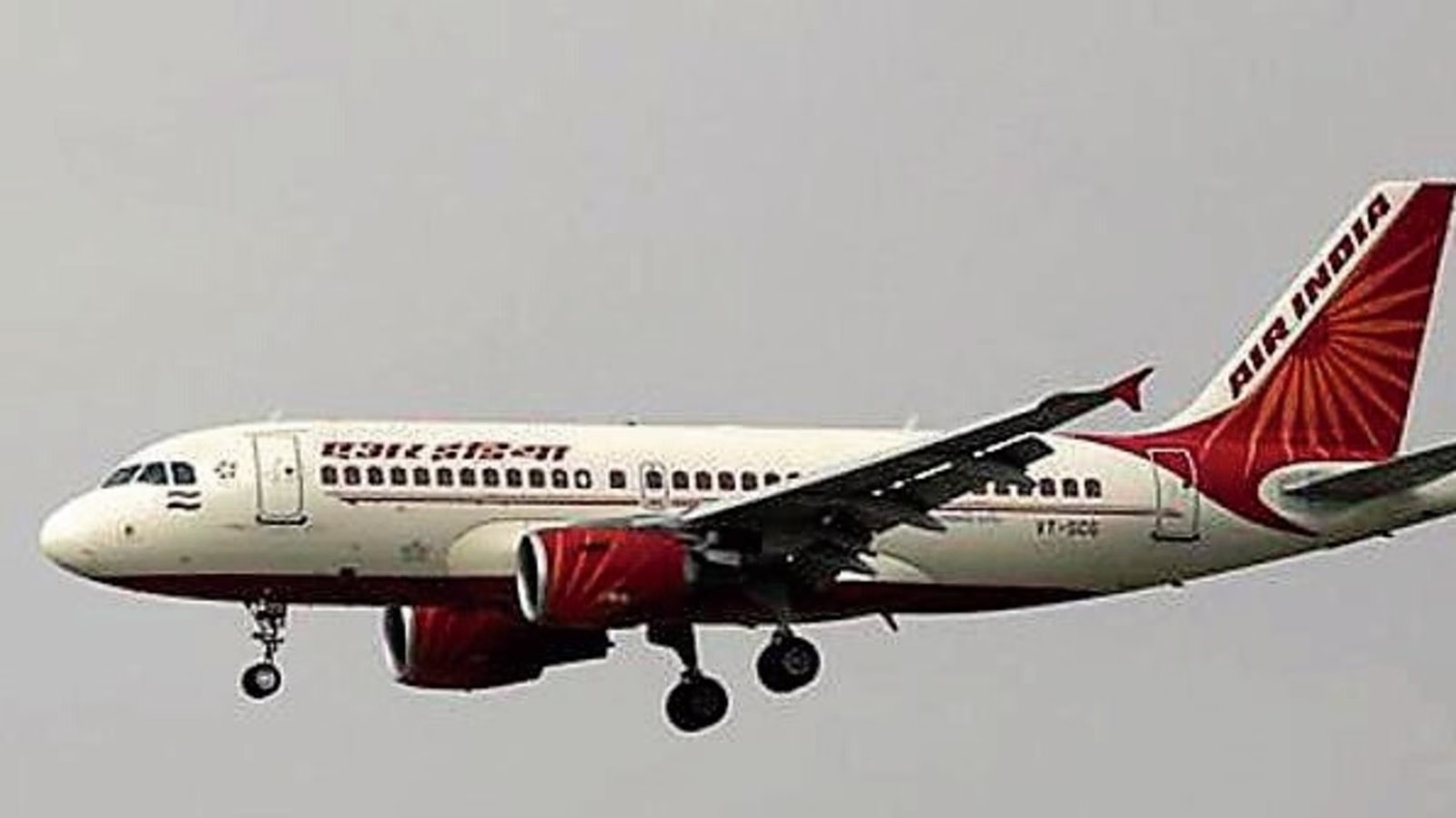In a major crackdown on import misclassification, the Indian government has ordered Samsung and its top executives to pay a staggering $601 million (approximately ₹5,149 crore) in back taxes and penalties. Authorities allege that the South Korean electronics giant evaded significant tariffs on key telecom equipment over several years.
The hefty tax demand represents a substantial portion of Samsung’s $955 million (around ₹8,183 crore) net profit in India last year, posing a significant financial challenge for the company. Samsung now faces a legal battle to contest the order in a tax tribunal or court.
According to a confidential order issued by India’s customs department on January 8, as reported by Reuters, Samsung is accused of misclassifying a crucial telecom component known as the Remote Radio Head (RRH). This device, an essential part of 4G mobile networks installed on telecom towers, reportedly attracted tariffs ranging from 10% to 20%, which Samsung allegedly failed to pay.
The investigation, which began in 2021, involved tax officials searching Samsung’s offices in Mumbai and Gurugram, seizing documents, and questioning senior executives. The company had imported RRH equipment worth $784 million (approximately ₹6,717 crore) from Korea and Vietnam between 2018 and 2021 without paying the required duties.
The tax demand includes ₹44.6 billion ($520 million) in unpaid taxes, along with a 100% penalty. Additionally, seven of Samsung’s Indian executives face fines totaling $81 million (approximately ₹694 crore). Key executives named in the case include Sung Beam Hong, Vice President of the Network Division; Dong Won Chu, Chief Financial Officer; Sheetal Jain, General Manager for Finance; and Nikhil Aggarwal, General Manager for Indirect Taxes.
Samsung has firmly denied the allegations, arguing that the RRH component should not be subject to tariffs. In a statement, the company asserted, “The issue involves the interpretation of the classification of goods by customs… We are evaluating legal options to ensure our rights are fully protected.” Samsung also emphasized that its classification practices had been previously accepted by customs authorities.
To support its position, the company submitted four expert opinions asserting that the RRH component does not function as a transceiver, which would have made it eligible for duty-free import. However, tax officials countered this claim with letters from 2020, in which Samsung allegedly described the component as a transceiver capable of transmitting signals.
This high-profile tax dispute comes amid India’s increasing scrutiny of foreign companies’ import practices. The case bears similarities to Volkswagen’s ongoing legal battle over a record $1.4 billion (approximately ₹11,995 crore) tax demand for allegedly misclassifying car parts.












